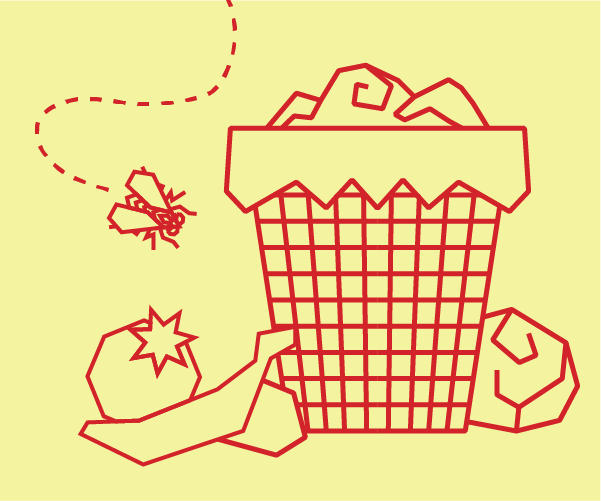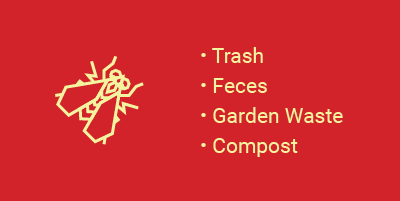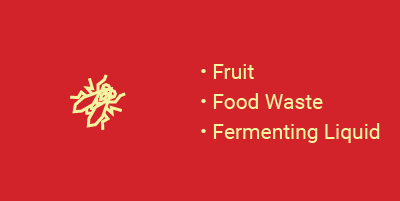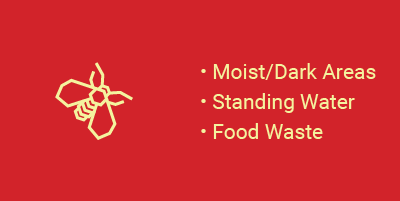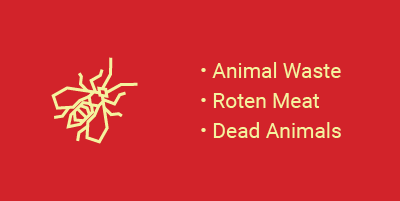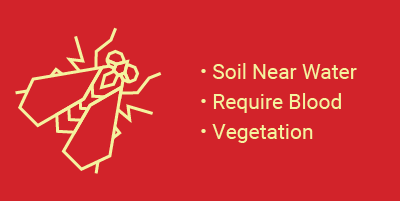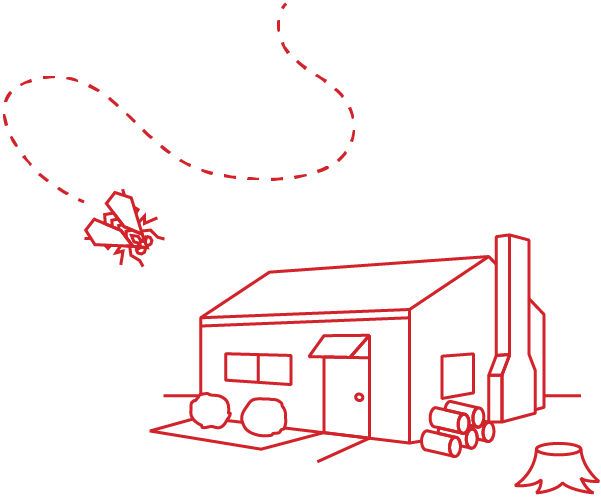What Causes Flies?
Flies can be quite a nuisance to residents and property owners alike, especially during the spring and summer months when they’re most active. They tend to reproduce quickly, though their lifespans are usually fairly short. While most won’t bite you, flies can be menacing enough on their own, and they can carry and transmit diseases from places where they’ve fed. Flies are scavenger insects, usually attracted to dead or rotting substances, moisture, and fermenting sugars. The type of fly infesting your home will usually depend on the food source available to them. Here’s what you need to know about what causes flies.

